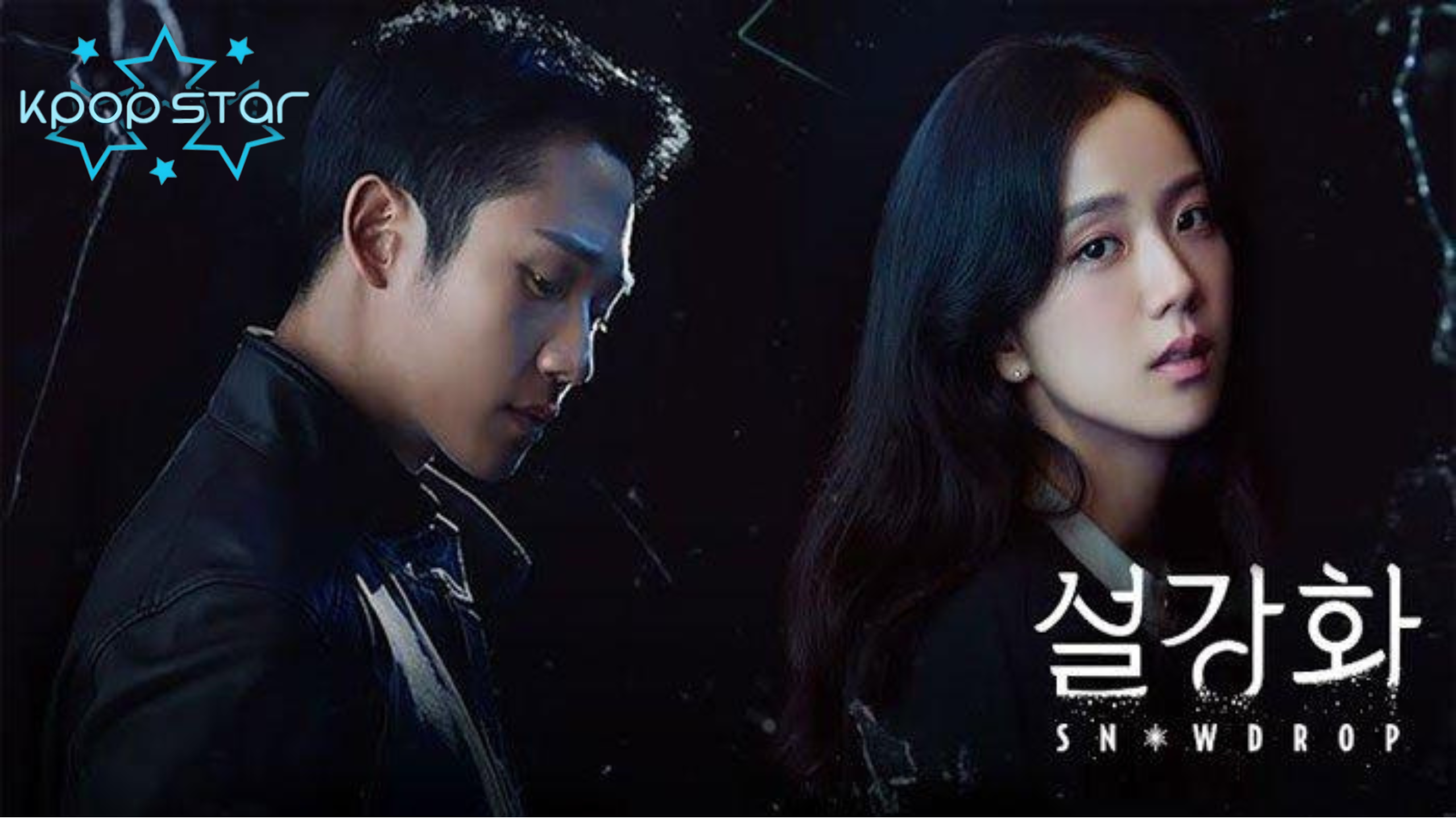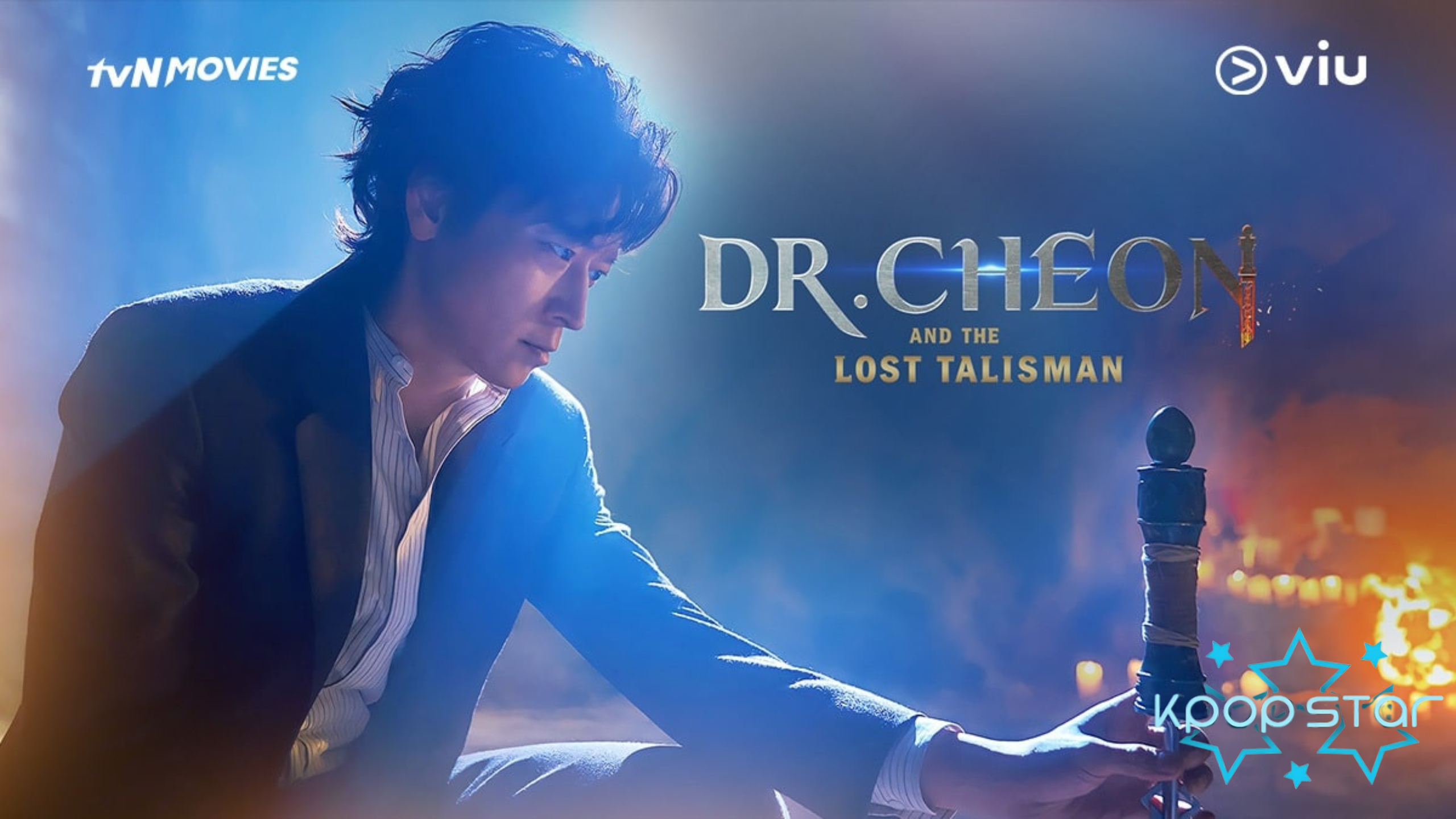Snowdrop K-Drama Review: A Riveting Tale of Love and Betrayal Amidst Turmoil
In recent years, the K-drama landscape has been enriched by stories that blend history, romance, and suspense. Among these, Snowdrop stands out as a masterful narrative that captivates audiences with its intense emotional stakes and political intrigue. This review explores why Snowdrop has become a global sensation, delving into its plot, characters, themes, and production brilliance.
Plot Overview: Forbidden Love in a Time of Chaos
Set against the volatile backdrop of late 1980s South Korea, Snowdrop weaves a tale of love and espionage during a period of democratic uprising. The story revolves around Im Soo-ho (Jung Hae-in), a North Korean spy infiltrating the South, and Eun Young-ro (Jisoo), a university student whose life collides with his dangerous mission. Their paths cross when Young-ro discovers a bloodied Soo-ho fleeing authorities and impulsively shelters him in her all-female dormitory. Unaware of his true identity, she becomes entangled in a web of secrets that threatens her safety and beliefs.
As the plot unfolds, political tensions escalate, forcing both characters to confront their loyalties. Soo-ho grapples with his duty to his homeland and his growing affection for Young-ro, while she navigates the shock of betrayal and the harsh realities of a divided nation. The series deftly intertwines intimate moments of vulnerability with high-stakes action, creating a narrative that is equally heartwarming and harrowing.
Character Development: Layers of Conflict and Growth
Snowdrop shines in its portrayal of multidimensional characters whose evolution drives the story’s emotional core. Jung Hae-in delivers a career-defining performance as Im Soo-ho, balancing stoic resolve with subtle vulnerability. His character’s internal conflict—torn between love and duty—is palpable, particularly in scenes where his icy demeanor cracks to reveal fleeting tenderness.
Equally compelling is Jisoo’s acting debut as Eun Young-ro. Initially depicted as a bright-eyed idealist, Young-ro undergoes a transformative journey as she confronts deception and loss. Jisoo skillfully captures her character’s shift from naivety to hardened resilience, particularly in moments where she must choose between self-preservation and protecting those she loves.
Supporting characters add depth to the narrative. Kang Moo (Jang Seung-jo), a security agent with a hidden agenda, embodies moral ambiguity as his allegiances waver. Meanwhile, dormitory head Pi Seung-hee (Yoon Se-ah) portrays the quiet strength of a woman shielding her students from external chaos. Each character’s arc intersects seamlessly, amplifying the drama’s tension.
Themes: Love, Sacrifice, and the Shadows of History
At its heart, Snowdrop is a meditation on love’s power to transcend borders—both literal and ideological. The romance between Soo-ho and Young-ro defies the era’s political enmity, symbolizing hope amid division. However, the series refuses to romanticize their relationship; instead, it underscores the brutal sacrifices demanded by their circumstances.
Beyond its romantic core, the drama interrogates the human cost of ideological conflict. Through subplots involving student protests and government crackdowns, Snowdrop highlights ordinary lives upended by forces beyond their control. One harrowing scene depicts a mother searching for her disappeared son—a poignant reminder of the era’s real-life tragedies.
Identity and trust also emerge as central themes. Soo-ho’s dual existence as spy and lover forces him to question his purpose, while Young-ro’s trust erodes as layers of deceit unravel. Their struggles mirror the broader societal mistrust of the time, where friends could be informants and love could be a weapon.
Snowdrop Cinematography: A Visual Ode to the 1980s
The production team meticulously recreates 1980s Seoul, from retro fashion to protest-choked streets. A muted color palette—dominated by grays and blues—evokes the period’s somber mood, while close-up shots intensify emotional moments. The dormitory, a key setting, transforms from a sanctuary to a claustrophobic prison, mirroring the characters’ psychological entrapment.
One standout sequence employs chiaroscuro lighting during a midnight confrontation, casting long shadows that symbolize moral ambiguity. Similarly, wide-angle shots of protest marches juxtaposed with intimate dorm scenes emphasize the contrast between societal chaos and personal turmoil.
Snowdrop Soundtrack: Echoes of Longing and Despair
The OST amplifies the drama’s emotional weight, blending haunting ballads with tense instrumentals. Kim Hee-won’s Friend underscores pivotal moments of connection, its melancholic melody reflecting fleeting hope. Conversely, Jamie Miller’s Looks Like a Real Thing accompanies scenes of betrayal, its crescendo mirroring rising stakes.
The soundtrack’s brilliance lies in its restraint—silence often precedes shocking twists, making the sudden swell of strings or piano chords all the more impactful. This auditory storytelling immerses viewers in the characters’ inner worlds, from Young-ro’s quiet despair to Soo-ho’s simmering conflict.
Snowdrop Controversy and Cultural Impact
Despite its acclaim, Snowdrop faced backlash for its fictionalized portrayal of historical events. Critics argued it minimized the atrocities of authoritarian regimes, while fans defended its artistic license. This debate underscores K-dramas’ evolving role in grappling with national trauma—a testament to the genre’s cultural significance.
The series also sparked conversations about Jisoo’s transition from K-pop idol to actress. Her nuanced performance silenced skeptics, proving her versatility and paving the way for other idols seeking acting careers.
Why Snowdrop Resonates Globally
Snowdrop’s universal appeal lies in its ability to balance intimate storytelling with grand historical themes. While rooted in Korea’s past, its exploration of love, identity, and moral compromise transcends borders. International audiences, particularly those unfamiliar with the era, find parallels in contemporary global conflicts, making the drama both educational and emotionally resonant.
Moreover, the series subverts typical K-drama tropes. Rather than a fairy-tale romance, it offers a gritty, realistic portrayal of love in impossible circumstances. This authenticity, coupled with flawless pacing, ensures viewers remain invested despite the heartbreak.
Snowdrop Final Verdict: A Masterpiece of Emotional Storytelling
Snowdrop is not merely a drama—it is an experience. Its gripping plot, layered characters, and visual artistry coalesce into a narrative that lingers long after the credits roll. While the historical context may challenge some viewers, the series ultimately triumphs as a testament to humanity’s resilience.
For those seeking a story that intertwines heartache and hope, Snowdrop is indispensable. Just be prepared: this drama will shatter your heart, piece it back together, and leave you pondering the cost of love in a fractured world.




1 thought on “Snowdrop: Love and Betrayal Amidst Turmoil | K-Drama Review”